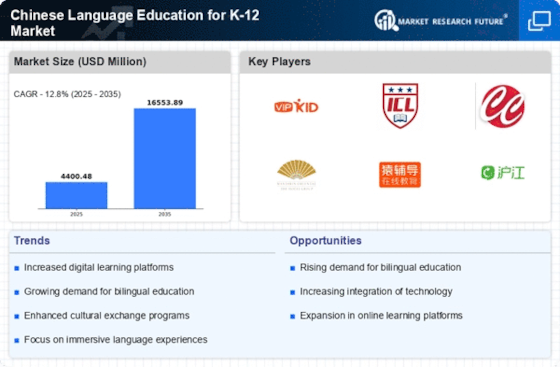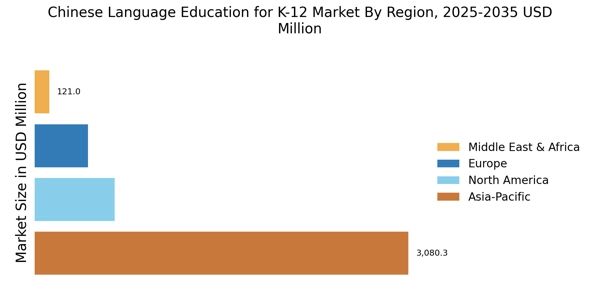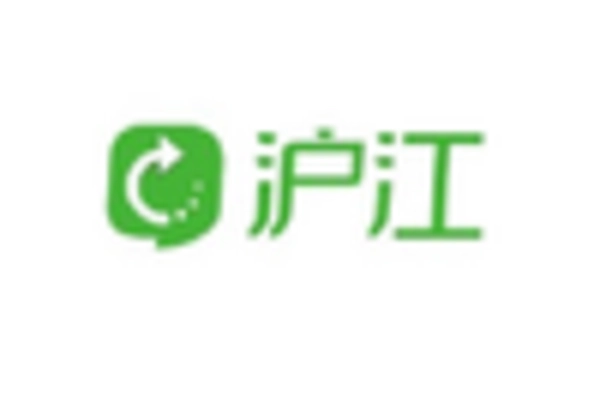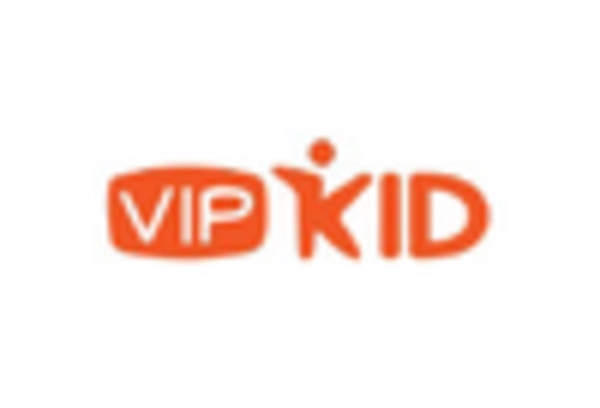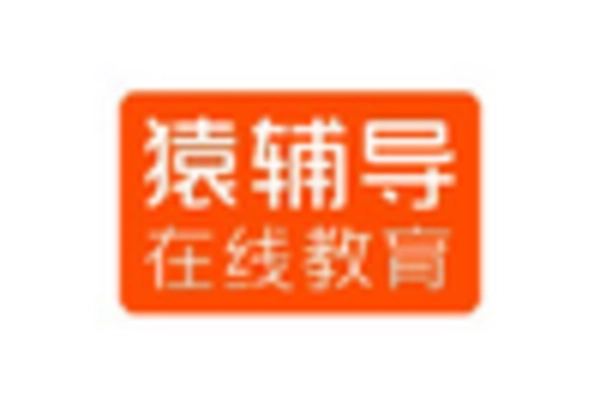Cultural Exchange Programs
Cultural exchange programs are emerging as a significant driver in the Chinese Language Education for K-12 Market. These programs facilitate direct interaction between students from different cultural backgrounds, enhancing language acquisition and cultural understanding. Schools are increasingly partnering with Chinese institutions to create exchange opportunities, which not only enrich the educational experience but also promote the Chinese language. Recent statistics show that participation in such programs has increased by 30% over the past few years, indicating a growing recognition of the value of immersive language experiences.
Increased Global Economic Ties
The increasing global economic ties between countries are driving interest in the Chinese Language Education for K-12 Market. As businesses expand their operations internationally, the demand for employees proficient in Chinese is on the rise. This economic landscape encourages schools to prioritize Chinese language education, preparing students for future career opportunities. Recent surveys indicate that nearly 60% of employers value language skills, particularly in Chinese, suggesting that educational institutions are responding to market needs by enhancing their language programs.
Government Initiatives and Support
Government initiatives play a crucial role in shaping the Chinese Language Education for K-12 Market. Various educational policies and funding programs are being implemented to promote Chinese language learning in schools. For instance, several countries have introduced grants and resources aimed at enhancing language education, which has resulted in a notable increase in the number of schools offering Chinese language courses. Data indicates that over 15% of K-12 institutions have received government support for language programs, highlighting the commitment to fostering multilingualism and cultural exchange.
Rising Demand for Bilingual Education
The increasing demand for bilingual education is a notable driver in the Chinese Language Education for K-12 Market. As parents and educators recognize the cognitive and social benefits of bilingualism, schools are increasingly incorporating Chinese language programs into their curricula. According to recent data, approximately 25% of K-12 students in certain regions are enrolled in language immersion programs, with Chinese being one of the most sought-after languages. This trend suggests a growing awareness of the importance of Chinese language skills in a competitive job market, potentially leading to a sustained increase in enrollment in Chinese language courses.
Technological Advancements in Language Learning
Technological advancements are transforming the landscape of the Chinese Language Education for K-12 Market. The integration of digital tools and platforms has made language learning more accessible and engaging for students. Interactive applications, online courses, and virtual classrooms are becoming commonplace, allowing for personalized learning experiences. Data suggests that approximately 40% of K-12 students utilize technology-based resources for language learning, which enhances their engagement and retention. This trend indicates a shift towards more innovative and flexible approaches to language education.


